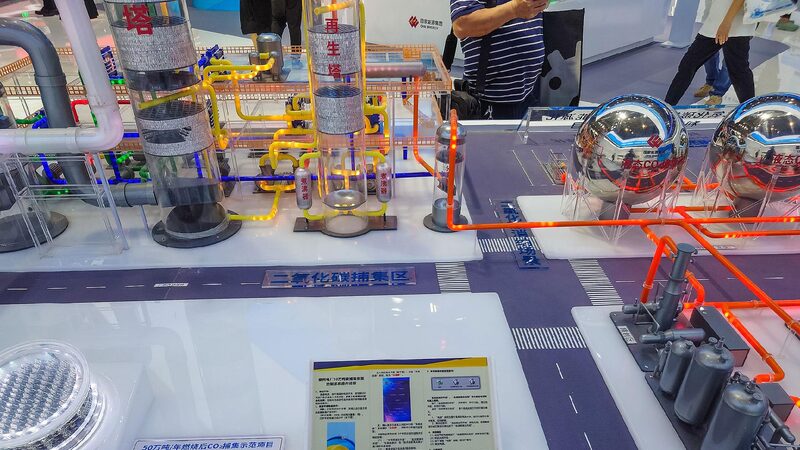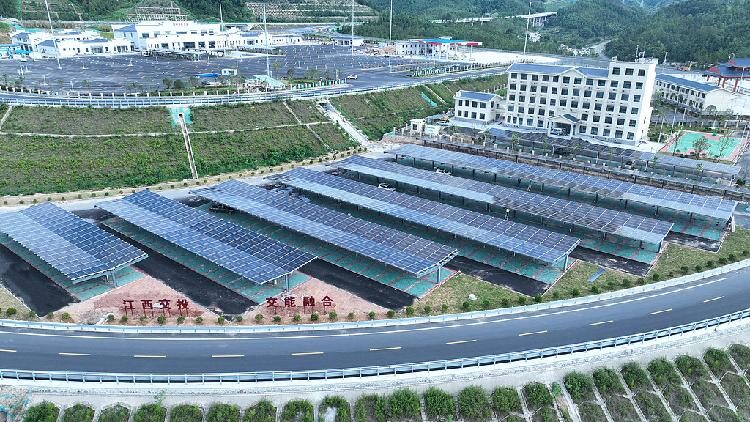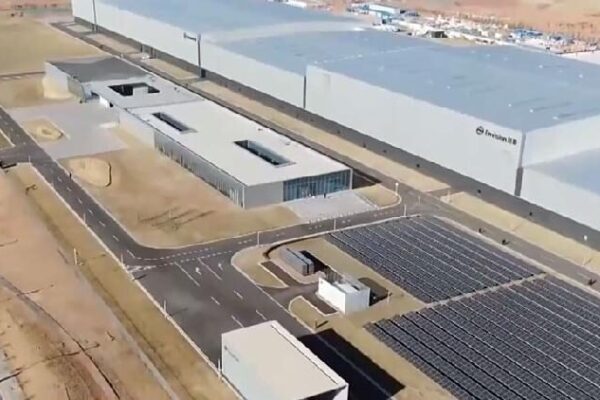China has taken a major step in the fight against climate change by updating its carbon capture road map, highlighting the critical role of Carbon Capture, Utilization, and Storage (CCUS) technology in achieving net zero emissions.
At a recent conference in Beijing, held from December 7 to 8, the Administrative Center for China’s Agenda 21 unveiled the latest version of its CCUS development plan. This update follows earlier versions released in 2011 and 2019, signaling China’s continued commitment to addressing environmental challenges.
What is CCUS?
CCUS stands for Carbon Capture, Utilization, and Storage. It’s a technology that captures carbon dioxide emissions from sources like power plants and factories, and then either reuses it or stores it so it won’t enter the atmosphere. This technology is crucial for reducing emissions from fossil fuel use, which is still a significant part of global energy consumption.
Why is this important?
The updated road map positions CCUS as the only technical method capable of achieving net zero emissions in the use of fossil energy. By investing in CCUS, China aims to make significant reductions in its carbon footprint and move closer to its goal of carbon neutrality.
Progress So Far
China has made remarkable strides in CCUS technology in recent years. The new road map reveals that 126 CCUS projects are planned for operation across the country, an increase of 77 projects since 2020. These projects span traditional industries like electric power, oil and gas, chemical engineering, and steel, as well as niche industries such as glass manufacturing and textile dyeing.
The Road Ahead
While progress has been significant, there’s still work to be done. The road map notes that China needs to promote development in key CCUS technologies, including direct air capture, pipeline transportation, and enhanced oil recovery. These advancements will be essential for deep emission reductions in various industries.
Global Impact
China’s commitment to CCUS technology not only impacts its own environmental goals but also sets an example for countries worldwide. As the world grapples with climate change, advancements in carbon capture technologies can play a vital role in reducing global emissions.
Conclusion
The updated carbon capture road map marks a significant milestone in China’s journey towards a greener future. By focusing on CCUS technology, China is taking concrete steps to address climate change and promote sustainable development.
Reference(s):
cgtn.com








